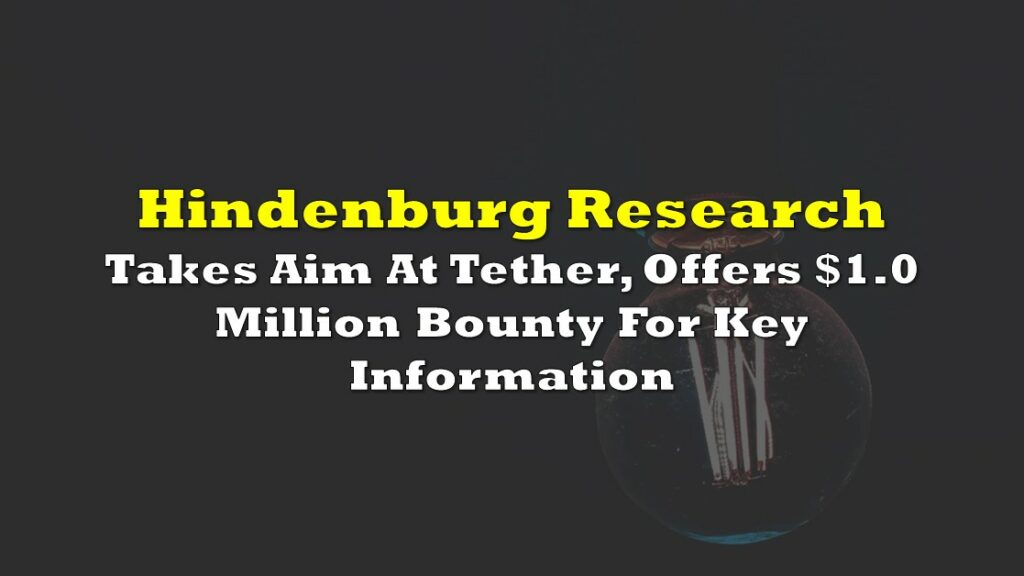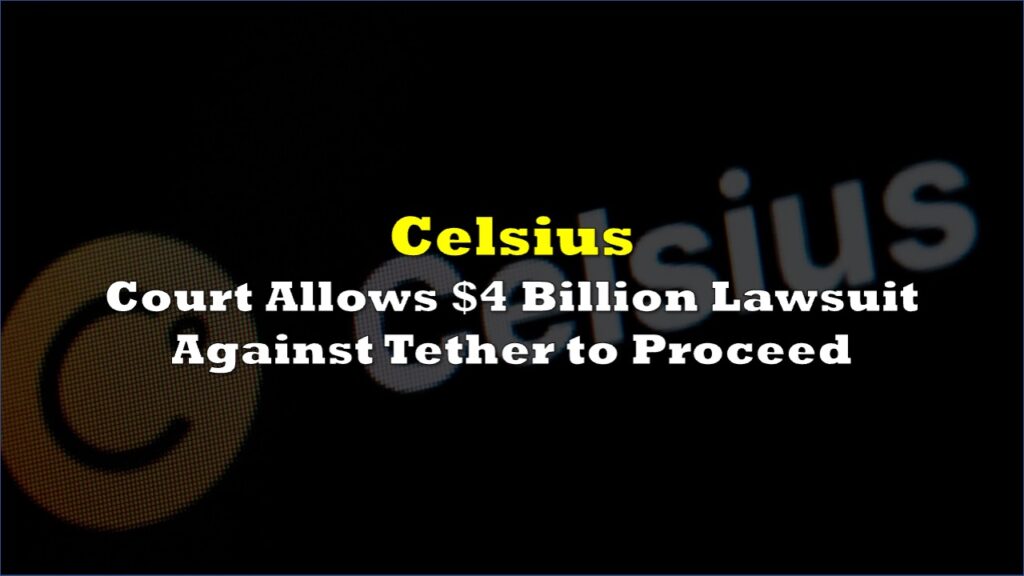Video-sharing platform and cloud services provider Rumble (NASDAQ: RUM) has announced a $775 million strategic investment from Tether, the cryptocurrency giant behind the world’s largest stablecoin. While both companies celebrated the collaboration as a commitment to decentralization and free speech, critics have raised concerns about the deal’s timing, structure, and implications for financial and operational transparency.
The investment agreement involves Tether purchasing 103,333,333 shares of Rumble’s Class A Common Stock at $7.50 per share. Rumble plans to allocate $250 million of the proceeds to bolster its balance sheet and fund growth initiatives, with the remaining $500 million used to execute a self-tender offer. The tender offer is expected to provide liquidity to shareholders and reduce outstanding shares.
Rumble’s CEO, Chris Pavlovski, expressed enthusiasm about the partnership, stating, “Tether is the perfect partner that can put a rocket pack on the back of Rumble as we prepare for our next phase of growth.” Pavlovski emphasized shared values between the cryptocurrency and free speech communities, underscoring Rumble’s commitment to decentralization and innovation.
Paolo Ardoino, CEO of Tether, highlighted the alignment between the two companies, stating, “This collaboration reflects our shared values of decentralization, independence, transparency, and the fundamental right to free expression.” Ardoino also teased future synergies in advertising, cloud services, and crypto payment solutions.
— JC Oviedo (@JCOviedo6) December 20, 2024
Eyebrow-raising Structure
A significant portion of the investment—$500 million—will be used for a self-tender offer, allowing existing shareholders to sell their shares back to the company at the same price Tether paid. Critics argue this approach benefits institutional investors like Cantor Fitzgerald, Rumble’s largest shareholder, which holds 7.86% of the company’s shares, valued at $67.05 million.
Cantor Fitzgerald, which brought Rumble public via a SPAC merger in 2022, has faced scrutiny for its dual role in the deal. As both a shareholder and advisor to Tether, Cantor stands to profit from the investment fees while potentially offloading some of its underperforming stake. Rumble’s stock price has declined nearly 50% from its 2022 highs, putting pressure on the firm and its investors to find new growth strategies.
Tether’s involvement has drawn intense criticism due to its history of regulatory scrutiny and allegations of financial misconduct. Tether has been repeatedly linked to illicit activities, including money laundering by organized crime syndicates, sanctions evasion by hostile states, and fraudulent schemes involving partner organizations like FTX and Celsius Network.
In recent months, Tether has faced renewed attention after a congressional report identified its parent company as potentially originating from “foreign adversaries.” This revelation, coupled with the timing of the Rumble investment, has fueled speculation about Tether’s motivations. Critics note that Tether announced a rare $700 million redemption of its stablecoin on the same day it finalized the Rumble deal, raising questions about its financial liquidity and banking relationships.
Financial analyst Novacula Occami suggested that Tether’s investment may be less about Rumble’s growth potential and more about creating liquidity for its shareholders. “Tether likely redeemed its USDT holdings to fund the deal because it lacks access to traditional banking,” said Occami, adding that Cantor Fitzgerald’s involvement in brokering the deal further complicates its optics.
2.5/ … totally unrelated, bill in Congress stated Tether's parent company is known to be owned by foreign adversaries… pic.twitter.com/64jALRW3uO
— DIRTY BUBBLE MEDIA: GOOD LUCK, GOOD BYE. (@MikeBurgersburg) December 21, 2024
So Tether has a $700mm plus redemption on the day it announced a $775mm investment in Rumble. We have not seen large Tether redemptions since 2022 — so this is really unusual.
— Novacula Occami (@OccamiCrypto) December 21, 2024
Coincidence, I think not. Best theory? Tether Investments uses USDT as its bank as it probably… pic.twitter.com/z2qJyDi9fh
Rumbling Reputation
Rumble has positioned itself as an alternative to legacy media platforms like YouTube, emphasizing its commitment to free speech and resistance to content moderation. However, critics argue that the platform has become a haven for far-right influencers and conspiracy theorists, undermining its credibility as a mainstream competitor.
Despite these challenges, Rumble has expanded into cloud services and partnered with major conservative figures and organizations, boosting its profile among its target demographic. With Tether’s investment, Rumble aims to accelerate its growth initiatives, which may include expanding its user base, enhancing platform features, and investing in decentralized technologies.
The transaction preserves Rumble’s existing governance structure, with CEO Chris Pavlovski retaining super-majority voting control. Tether will hold a minority stake and no board representation, ensuring Rumble maintains operational independence.
The deal is expected to close in the first quarter of 2025, subject to customary conditions, including regulatory approvals under the Hart-Scott-Rodino Antitrust Improvements Act.
Information for this briefing was found via the sources mentioned. The author has no securities or affiliations related to this organization. Not a recommendation to buy or sell. Always do additional research and consult a professional before purchasing a security. The author holds no licenses.









